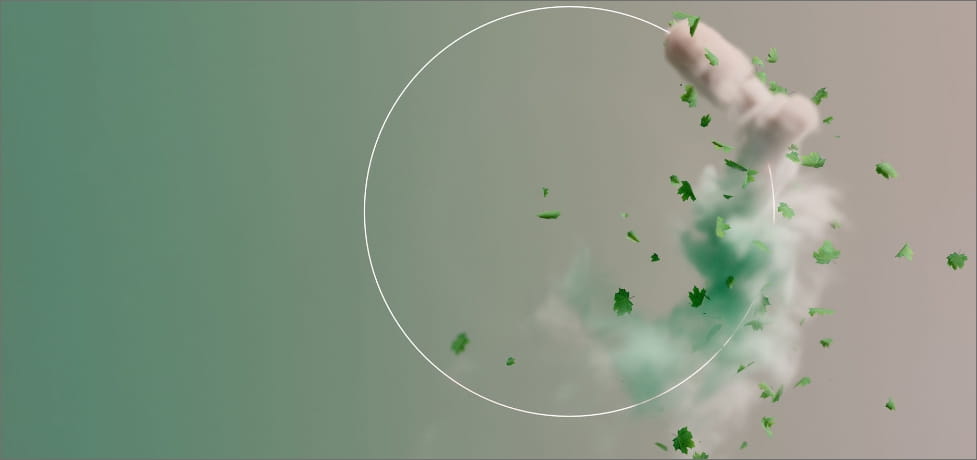The EU is reviewing the Waste Shipment Regulation, alarm among recyclers
National self-sufficiency for the circular economy is still far away. “The use of global markets guarantees the operation of plants and their sustainability”
News di GreenReport.it
By Luca Aterini for GreenReport
Translation Milan Green Forum
The European Commission is working on a proposal to revise Regulation 1013/2006 on the shipment of waste (Waste shipment regulation – Wsr), expected by mid-November, which will then have to be submitted for the opinions of the Council and the European Parliament.
A step that is causing concern among waste managers and recyclers – both Italian and from the rest of Europe – because of the restrictions on cross-border trade in waste and recovered materials, which could put countries that are not equipped to close the cycle within their borders in crisis.
This is why Euric (the European Federation of Recycling Companies) and Fead (the European Federation for Waste Management and Environmental Services), together with their Italian counterparts – Fise Unicircular and Fise Assoambiente – have written to the European Commission and Parliament to request that “free, fair and sustainable trade in raw materials from recycling operations” be guaranteed.
More specifically, as reported in the attached letters, the signatory federations express their concern about “the introduction of possible restrictions on the export of waste, both intra- and extra-EU, without any distinction on the nature and type of the same”.
According to the signatories of the two letters, a clear distinction should be drawn between unsorted mixed waste, for which “restrictions are understandable and indeed appropriate”, and materials that derive from “sorting and treatment operations carried out by authorised plants (often classified as waste at the time of export, on the basis of the law of the country of destination), for the management and location of which recourse to global markets guarantees the operation of the plants and their sustainability”.
Looking in more detail at the data available for Italy can help clarify the context. The latest Ispra report on special waste documents – net of the profound uncertainty that has always hovered over the flows of the most important fraction of waste generated in our country – an import of 5.5 million tonnes per year and an export of 3.9 million tonnes per year.
The former is essentially (78.4%) metal waste, mainly destined for the steelworks located in Lombardy and Friuli Venezia Giulia, and therefore able to feed the national recycling capacity. Exports, on the other hand, consist mainly (64%) of ‘waste produced by waste treatment plants’ and ‘wastewater treatment plants’, i.e. the waste of the circular economy that we prefer not to see and entrust to other countries, which are paid handsomely to manage it for us.
This is the official picture, although in fact the situation is much more complex than it appears. On the one hand, Ispra, due to the “lack of information deriving from the exemptions provided by the law”, does not have precise data but only estimates for 47.2% of special waste; on the other hand, Ispra documents the “start of recycling” of waste that does not always coincide with the actual re-introduction of the same into the market, as is particularly evident in the construction and demolition waste segment (which alone occupies 45.5% of all special waste).
It is no coincidence that, in recent months, Italy’s strong exposure to waste exports has been underlined by former Cispel Toscana president Alfredo De Girolamo: “We have decided to use the global market to bring 65% of urban waste and about 70% of special waste to Italy, a mountain of over 100 million tonnes of materials per year. A decision that becomes, therefore, by its size, a variable of national security in environmental management. If the national and global markets do not respond, Italy risks dramatic waste emergencies. Hence the urgency of a national strategy, industrial in the recycling sectors (paper, glass, plastic, metals, wood, organic matter), but also capable of providing the country with a plant and storage capacity that can not only guarantee the flow of non-recyclable waste (including recycling waste), but also “withstand” any systemic crisis (the blockage of external markets or the effects of a pandemic)”.
So what to do? Faced with the revision of Regulation 1013/2006, Euric, Fead, Unicircular and Assoambiente put forward a three-point proposal: “Any export restrictions should only concern “problematic and untreated” waste streams; support free and fair intra- and extra-EU trade in treated and sorted waste, which is essential for the competitiveness of the European recycling industry; implement a stable legislative framework, with an adequate status, for materials obtained from waste treatment, to which incentives should be linked to reward the environmental benefits of circular materials”.
Clearly, this last point is particularly important to reduce the need to trade waste, and to keep the benefits of the circular economy within the country of origin. The tax reform that is taking its first steps in the Draghi government could be yet another opportunity to introduce incentives for recycling, although at the moment the institutions do not seem able to seize it; to provide the country with an adequate plant infrastructure to manage all the fractions of waste we generate, however, the hope is still hinged on the National Programme for Waste Management currently being drafted – a consequence of the implementation of the latest EU directives on the circular economy -, which must be ready by March 2022.

News recenti

April's pills
New package of proposals for the european Green Deal The European Commission has presented a package of proposals on the european Green Deal to make...
Read More
March pills
Economic losses due to climatic conditions in Europe. The EEA briefing " Economic losses and fatal accidents from weather and climate events in Europe” According...
Read More
WINTER's PILLS
THE ITALIAN CONSTITUTION BECOMES “MORE SUSTAINABLE” This is the first time that the first part of the Italian constitution, which concerns the fundamental principles, has...
Read More
